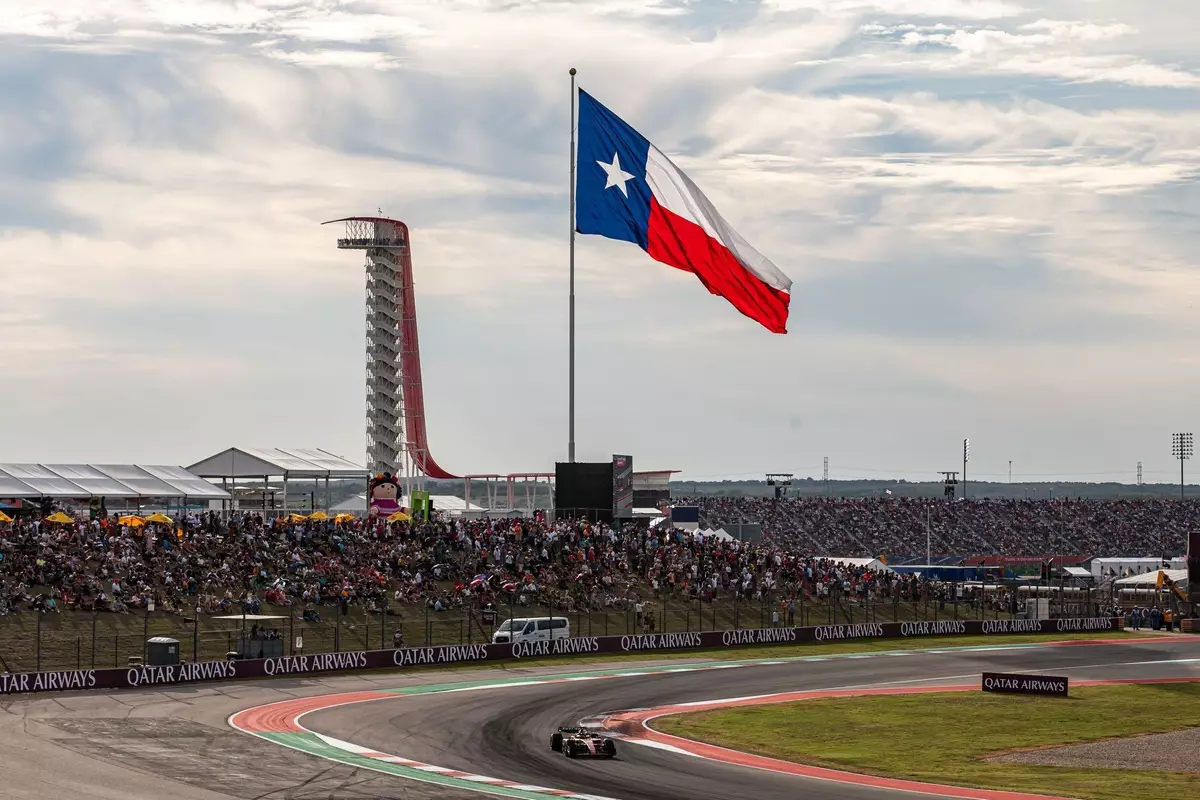In the aftermath of the pandemic, Formula 1 (F1) organizers are grappling with a shifting landscape in fan engagement. The thrilling races once synonymous with sold-out stadiums are now complemented by additional attractions, such as concerts and family-friendly activities, to entice attendees. With consumers facing tighter budgets and heightened expectations for entertainment, race promoters are adapting their strategies to ensure that every Grand Prix resembles a festival rather than just a race. However, the core of this engagement still depends on one uncontrollable variable—the actual competition on the racetrack.
As the 2024 season unfolded, early concerns over a seemingly unchallenged Red Bull dominance began to wane. Instead, the season morphed into an exhilarating championship battle, capturing the imagination of fans and reigniting interest in Formula 1. This resurgence in competition was palpable even in markets traditionally strong for F1, like the United States, signaling a pivotal moment for ticket sales and fan enthusiasm.
Bobby Epstein, executive chairman of the Circuit of the Americas, highlighted an essential truth about fan behavior during this transformative season. As dominant performances gave way to more competitive races—especially after Red Bull’s Max Verstappen experienced a dip in victories—there was a notable uptick in ticket sales. According to Epstein, fans are increasingly discerning, informed, and engaged, creating a direct link between on-track competitiveness and off-track attendance.
Before the resurgence of teams like McLaren reinvigorated the race series, Epstein noted that ticket sales were faltering. A competitive landscape not only sustains interest but also drives sales as spectators flock to see closely contested races in person. “We saw the usual pattern bend this year; ticket purchases started slow but accelerated as the season progressed,” Epstein explained, underscoring a broader trend of last-minute buying that has emerged across multiple entertainment sectors, including concerts.
Looking ahead, the upcoming Grand Prix in Austin is set against a backdrop of augmented attractions aimed at maximizing attendance. The introduction of a sprint race weekend and the presence of popular music icon Eminem as a headliner for Saturday night has generated significant buzz, leading to expectations of record turnout. Epstein expressed optimism that interest in the concert would drive foot traffic for the sprint race, potentially reaching attendance figures close to 150,000—far surpassing previous records.
Additionally, the last-minute synergy between the Formula 1 race and a college football game is an example of strategic planning to harness the attention of diverse fan demographics. As Epstein noted, this confluence of events is pivotal. “If you love racing, football, and music, Austin is the place to be this weekend,” he enthusiastically stated, hinting at a larger cultural moment where various entertainment avenues converge.
With the reintroduction of the Las Vegas Grand Prix into the calendar, there have been questions surrounding its impact on other U.S. races like Austin and Miami. Epstein observes that while competition for attendees could intensify, the unique characteristics of each event maintain their individual appeal, ensuring that all can coexist and thrive within the U.S. market.
“It’s fascinating to see how new events bring a spotlight to the sport as a whole,” he remarked. While some may fear the dilution of attendance due to multiple F1 events within the country, Epstein believes they can create a net positive effect, particularly in heightened global visibility. Las Vegas may garner attention for its entertainment spectacle, but locales like Austin and Miami serve critical roles in solidifying the American fan base that is essential for the sport’s growth.
Formula 1 finds itself at a crossroads, navigating post-pandemic realities and evolving fan expectations while still trying to leverage its core product: high-stakes racing. As concert lineups and festival-like atmospheres become integral to the F1 experience, the effectiveness of these strategies will rest upon the excitement generated on the track. The dynamic interplay between competitive racing and off-track experiences is reshaping how fans engage with this iconic sport, ensuring that the Formula 1 weekends remain not just races, but celebrations of speed, teamwork, and entertainment. In this context, the evolution towards multi-faceted events is not merely a response to changing consumer behavior but a proactive strategy to reinvigorate interest in the world of motorsports.


Leave a Reply